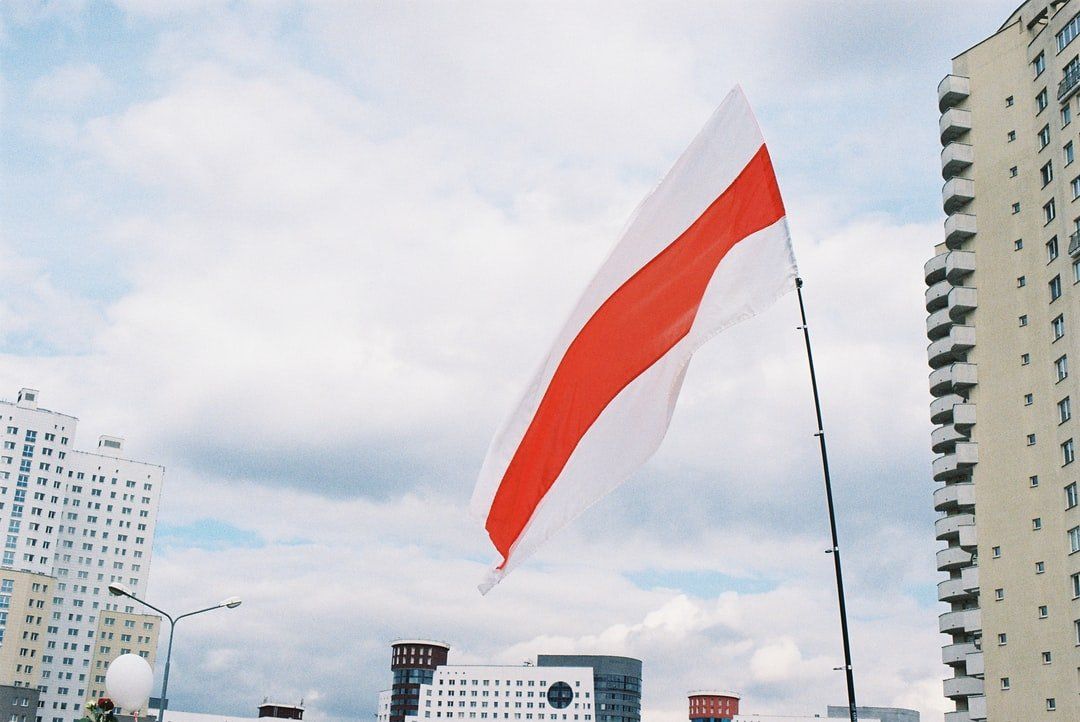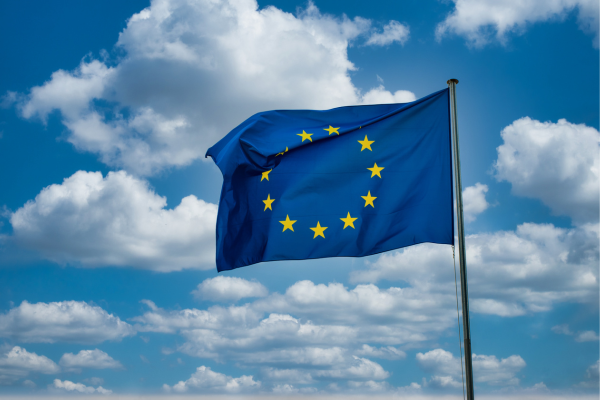BY:
SHARE:

When considering restrictions on trade, it is essential to check your commodity code(s) against the UK Trade Tariff to establish any restrictions applicable to trade with a particular country. These checks must be made on the end user’s destination, not solely the consignee’s location. Export Control Compliance continues to evolve; we have recently seen an update on how Military End Use controls could apply to goods supplied from the United Kingdom. This control applies to several countries, including Belarus, and further to the recent gov.uk communication on June 9th, 2023, there are further limitations relating to trade with Belarus.
Like the wide-ranging prohibitions on trade with Russia, several issued updates relating to trade with Belarus have been published. The Republic of Belarus (EU Sanctions) (EU Exit) Regulations 2019 and this link https://www.gov.uk/government/publications/republic-of-belarus-sanctions-guidance/the-republic-of-belarus-sanctions-guidance are helpful starting points to check the restrictions that could apply.
The latest update is detailed within The Republic of Belarus (Sanctions) (EU Exit) (Amendment) Regulations 2023, aka Statutory Instrument 2023 No. 616
To summarise, the trade prohibitions that are now in place.
- Military Goods and Military Technology (as specified in Schedule 2 to the Export Control Order)
- Any goods which fall within Chapter 93 of the Trade Tariff, other than Military Goods
- Provision of technical assistance, armed personnel, financial services, or funds or associated brokering services which enable or facilitate certain military activities.
- Dual-Use Goods and Technology (as specified in Annex I to Council Regulation 428/2009)
- Internal repression of goods and technology (as specified in Schedule 2 to the Regulations)
- Interception and monitoring of goods and technology (as specified in Schedule 2A to the Regulations, but excluding goods and technology specified in Schedule 2 to the Export Control Order 2008 or Annex I to the Dual-Use Regulation)
- Interception and monitoring services
- Technical assistance relating to aircraft and ships
- Tobacco industry goods (as specified in Schedule 2B to the Regulations)
- Potash (as specified in Schedule 2B to the Regulations)
- Mineral products (as specified in Schedule 2B to the Regulations)
- Iron and steel products (as specified in Schedule 2B to the Regulations)
- Critical industry goods and technology (as specified in Schedule 2C of the Regulations)
- Luxury goods (as specified in Schedule 2E of the Regulations)
- Oil refining goods and technology (as specified in Schedule 2F of the Regulations)
- Quantum computing and advanced materials goods and technology (as specified in Schedule 2G of the Regulations)
- Chemical and biological weapons-related goods and technology (as specified in Schedule 2H of the Regulations)
- Machinery-related goods and technology (as specified in Schedule 2I of the Regulations)
- Banknotes (as specified in Regulation 20(3))
- Cement (as specified in Schedule 2J of the Regulations)
- Gold and gold jewellery (as specified in Schedule 2J of the Regulations)
- Relevant processed gold (as specified in Regulation 20(3))
- Rubber (as specified in Schedule 2J of the Regulations)
- Wood (as specified in Schedule 2J of the Regulations)
Many of these product ranges are identified by commodity codes. Where an “ex” appears before the commodity codes, the controls will be item specific, and the description of prohibited items must be checked.
The prohibitions can apply to export and/or import, so checking the relevant tab on the UK Trade Tariff with the Commodity Code is essential. Export Control Compliance means that direct or indirect supply of goods and/or technology is prohibited, emphasising the importance of differentiating between the consignee and end user.
Technology and Technical assistance could be an intangible transfer, but this type of activity could be restricted or prohibited.
OFSI, the Office of Financial Sanctions Implementation, apply a variety of restrictions, including a targeted asset freeze of funds and economic resources, financial and investment restrictions, loan and credit arrangements, insurance and reinsurance services, the provision of financial services for the purposes of foreign exchange reserve and asset management and financial services and funds related to goods and technology.
Brokering services and other service provisions complete the list.
There are certain instances where approval could be obtained to carry out an activity that is prohibited under Part 5 (relating to trade activities) of the regulations. This requires an application submitted via SPIRE to the Export Control Joint Unit. Gov.uk confirms that consideration will be made on a case-by-case basis to decide whether granting a licence would be consistent with the stated purposes of the sanctions regime and any UN or other relevant international law obligations. As with any application submitted to SPIRE, the exporter must wait for approval before proceeding. Aside from licences, specific exceptions do not require a SPIRE application.
This link https://www.gov.uk/government/publications/republic-of-belarus-sanctions-guidance/the-republic-of-belarus-sanctions-guidance#are-there-circumstances-when-i-can-get-an-authorisation-or-licence-for-a-sanctioned-activity provides further details on exceptions and licences for Belarus.
It is important to note that the advice confirms that if a person is unclear about any aspect of the Regulations, about whether the action you are considering taking could contravene the Regulations, you are advised to seek independent legal advice.
As with all Sanctions, Embargoes and Prohibitions, the regulations are subject to change and alteration, so monitoring for updates which could affect future business and trade with Belarus is essential.
Details on the offences and penalties relating to breaches of sanctions on Belarus can be found here: https://www.legislation.gov.uk/uksi/2019/600/pdfs/uksiod_20190600_en_001.pdf
OneCall™ Email assistance as and when required; A one-call solution for all your import, export and customs enquiries. Export help. Import help. Customs help.
Stay informed about customs and international trade matters by subscribing to our OneCall™ service. This comprehensive offering includes a dedicated email helpline for support, timely practical updates direct to your inbox (Did You Know?), monthly UK Customs & Trade Briefings and access to an interactive members' area with an exclusive community for our subscribers.
International Trade Updates & Spotlight Newsletter
Subscribe to our free information emails covering international trade topics...









